The views expressed in our content reflect individual perspectives and do not represent the authoritative views of the Baha'i Faith.
My hope is that through the zeal and ardour of the pure of heart, the darkness of hatred and difference will be entirely abolished, and the light of love and unity shall shine; this world shall become a new world; things material shall become the mirror of the divine; human hearts shall meet and embrace each other; the whole world become as a man’s native country and the different races be counted as one race. – Abdu’l-Baha, Abdu’l-Baha in London, p. 37.
Fifty-seven years ago today, in 1957, the Baha’is of the United States began celebrating Race Amity Day on the second Sunday in June.
In 1965, as the civil rights movement made significant strides in American race relations, the Baha’is changed the name to Race Unity Day. Organized to promote racial harmony and understanding, these Race Unity observances have now spread around the world and transformed into public celebrations of diversity and unity.
Originally intended as a spiritual gift to the world from the Baha’is, many of these celebrations have now gone far beyond their original Baha’i roots, and have become officially-sponsored local and even national observances in various places around the world. The country of New Zealand, for example, now observes their own Race Relations Day annually, all because of a series of ugly racial incidents and a Baha’i who wanted to do something about them.
Seventeen years ago, in 1997, New Zealand suffered from a particularly cruel spate of racially-motivated incidents aimed at non-whites. In Christchurch, a Somali man was attacked and beaten; an incident in Wellington involved a racially-motivated verbal assault of a Maori woman; and a Neo-Nazi group emerged in Auckland.
An Auckland Baha’i named Hedi Moani, deeply concerned about these incidents, wanted to act to address the deteriorating racial situation in New Zealand. Born in Iran, Hedi was a world citizen. He had lived in New Zealand for sixteen years at the time, but prior to that had lived in many other parts of the world, including the United States, Australia and the Pacific Islands. In all of those places, Hedi had a history of enthusiastic involvement with the indigenous peoples, for whom he had a great affinity and deep affection. In New Zealand, Hedi had become involved with the Maori community, and developed a special relationship with the people of Ratana Pa.
Hedi initially suggested and planned to organize an “anti-racism” march up Queen Street in Auckland. After consultations with the New Zealand government’s Race Relations Office, the organizers decided to hold a “Unity in Diversity Rally” in Auckland’s Aotea Square. For some 10 days or so, Hedi and another Baha’i worked alongside the Race Relations Office staff to organize the Rally.
On United Nations Human Rights Day–December 10, 1997—New Zealand’s first Unity in Diversity rally took place. A number of people addressed the crowd on the subject of racial unity, including Hedi and Dr. Prasad, New Zealand’s Race Relations Conciliator. New Zealand’s television news stations extensively covered the Rally, and as soon as the news broadcasts aired a movement began.
The movement resulted in discussions with the government’s Race Relations Office about establishing an official Race Unity Day in New Zealand, and that idea became a reality in 1999. The Race Relations Office chose March 21st for its annual observance, already on the United Nations calendar as the International Day for the Elimination of Racial Discrimination. (Coincidentally, Baha’is also celebrate that day as Naw-Ruz, New Year’s Day in the Baha’i Calendar.)
Known across New Zealand today as Race Relations Day, the annual event receives increasing support from schools, local councils, businesses, ethnic communities, and a variety of other organizations each year.
In the United States, the original Race Amity and Race Unity activities helped spark the formation of the National Center for Race Amity, headquartered at Wheelock College in Boston and founded with a grant from the W.K. Kellogg Foundation. The NCRA fosters its work with several race and ethnicity-centered initiatives on middle school, high school and college campuses; and with its sponsorship of the annual National Race Amity Conference. The NCRA also organizes around and advocates for the Towards E Pluribus Unum initiative campaign, which seeks to establish an official National Race Amity Day across the United States.
Of course, Baha’is understand that one official day of the year recognizing the essential unity of the human race simply serves as a way to start the conversation. Recognizing that fact, Baha’is see this kind of conversation-starting evolution as a fulfillment of the original impetus behind the Race Amity and Race Unity activities they inaugurated so long ago.


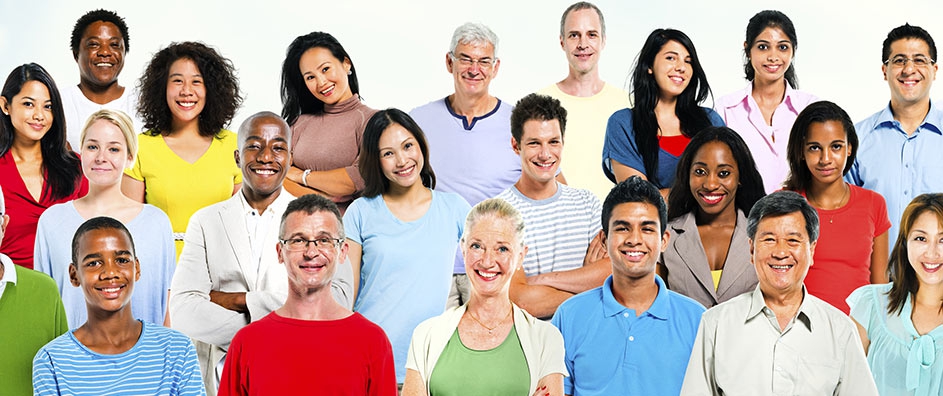
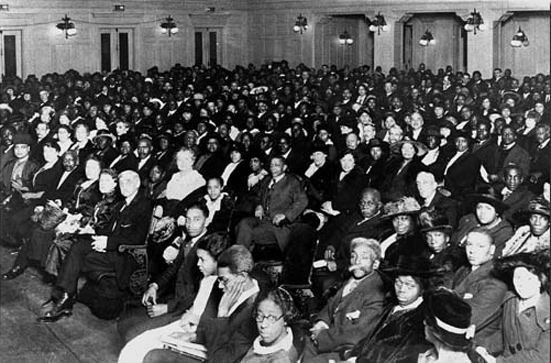
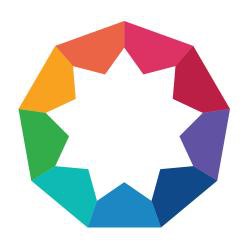

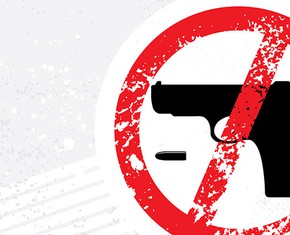
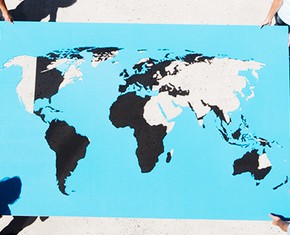









Comments
Sign in or create an account
Continue with Googleor